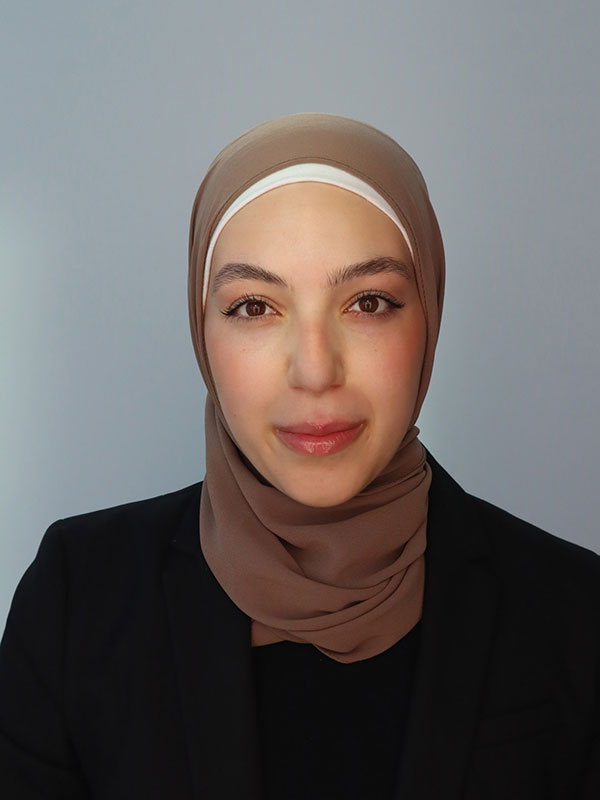Zainab Taleb
Our bodies follow a natural 24-hour cycle called circadian rhythms, which affect how our biological processes work at different times of the day. Many disease markers, like those for cancer and diabetes, change throughout the day. Ignoring these changes can lead to misdiagnoses and ineffective treatments. Currently, most medical tests in Canada do not consider these time-based changes. For example, the number of tumor cells in the blood can vary by the time of day, affecting cancer diagnosis. Similarly, blood sugar levels can show signs of diabetes in the evening but appear normal in the morning. I propose the creation of a database that describes how disease markers change throughout the day. Using samples from existing biobanks, we can track these changes and help doctors make more accurate diagnoses. This would also help schedule medical tests at the best times to detect the disease, improving health outcomes. By considering the time of day in medical practice, we can move towards more precise treatments, benefiting patients across Canada.


